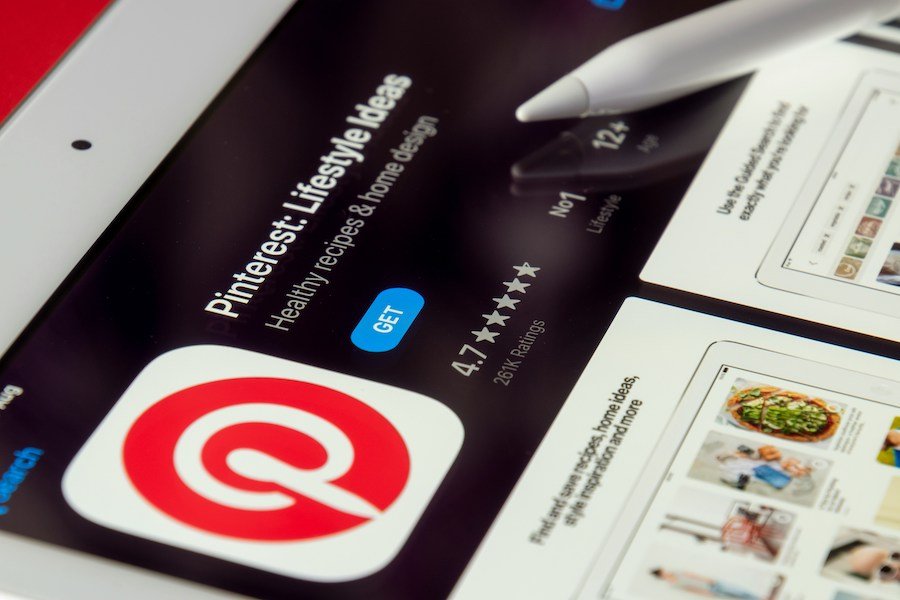How to Create an Effective Personal Branding Strategy
In today's competitive job market, creating a personal branding strategy is essential for anyone looking to stand out from the crowd. Your personal brand is a reflection of who you are, what you represent, and the value you offer to potential employers or clients. In this article, we'll dive into the key components of creating an effective personal branding strategy and how to implement them into your career.
Understanding Personal Branding
Before we dive into the steps of creating your personal branding strategy, let's first discuss what personal branding is and why it's important.
Personal branding is more than just creating a logo or a catchy tagline. It's about identifying your unique strengths and skills and communicating them effectively to your target audience. It's about creating a consistent and authentic image that sets you apart from others in your industry or field.
Personal branding is becoming increasingly important in today's digital age, where social media and online platforms have made it easier than ever to connect with others and showcase your skills and experience. By establishing a strong personal brand, you can build a reputation as an expert in your field and attract new opportunities and clients.
What is Personal Branding?
Personal branding is the process of creating a unique identity and reputation for yourself, highlighting your strengths, skills, and experience in a way that sets you apart from others. It involves identifying your unique value proposition and communicating it effectively to your target audience.
Personal branding is not just about promoting yourself; it's about building relationships and establishing trust with your audience. It's about creating a narrative that tells your story and showcases your personality, values, and beliefs.
Personal branding is also about being consistent in your messaging and image across all platforms, from your website and social media profiles to your business cards and email signature. By creating a cohesive and professional image, you can build credibility and trust with your audience.
Why is Personal Branding Important?
Personal branding helps you to differentiate yourself from others in a crowded job market, making you more memorable and increasing your chances of success. When you establish a strong personal brand, potential employers and clients will be more likely to recognize your unique value proposition and what you can offer to their organization or project.
Personal branding also allows you to take control of your career and professional development. By identifying your strengths and skills and communicating them effectively, you can attract new opportunities and build a network of contacts in your industry or field.
Finally, personal branding can also help you to build your confidence and self-awareness. By understanding your strengths and values and communicating them effectively, you can feel more confident in your abilities and more empowered to pursue your goals.
Assessing Your Current Personal Brand
Personal branding is a powerful tool that can help you stand out in a crowded job market, attract new clients, and build a strong reputation in your industry. But before you can develop an effective personal branding strategy, it's important to assess your current brand to determine where you stand and what changes you may need to make moving forward.
Identifying Your Strengths and Weaknesses
Begin by taking a deep look at yourself and identifying your strengths and weaknesses. Whether they are related to your skills, experience, or personality traits, it's important to understand what makes you unique and what areas you may need to improve upon. This will help you to play to your strengths and address any weaknesses that may be holding you back.
For example, if you're a great communicator but struggle with time management, you can focus on leveraging your communication skills while working on improving your time management skills.
Analyzing Your Online Presence
In today's digital age, establishing a strong online presence is essential. This includes social media profiles, personal blogs, and websites. However, it's important to make sure your online brand aligns with your personal brand and is consistent across all platforms.
Take some time to review your online presence and ask yourself the following questions:
Do my social media profiles accurately represent who I am and what I stand for?
Is my personal website up-to-date and reflective of my current skills and experience?
Do my blog posts or articles showcase my expertise and point of view?
If you answered "no" to any of these questions, it may be time to update your online presence to better align with your personal brand.
Gathering Feedback from Others
Finally, it's important to gather feedback from trusted colleagues, friends, or mentors to get an outside perspective on your personal brand. Ask them about their perception of your skills, expertise, and overall brand to gain insights and new ideas.
Be sure to ask for both positive feedback and constructive criticism. This will help you to identify areas where you're excelling and areas where you may need to improve.
By taking the time to assess your current personal brand, you'll be better equipped to develop a strong personal branding strategy that will help you achieve your professional goals.
Defining Your Personal Branding Goals
Now that you have assessed your current personal brand, it's time to define your personal branding goals. Defining your personal branding goals is an essential step in building a successful personal brand. It helps you to identify what you want to achieve and how you plan to achieve it.
Setting personal branding goals is not a one-size-fits-all approach. Your goals should be unique to your career aspirations and what you hope to achieve. This can include goals related to networking, skill development, or enhancing your online presence.
Setting Short-term and Long-term Goals
It's essential to establish both short-term and long-term personal branding goals. Short-term goals can help you to achieve quick wins and build momentum, while long-term goals can help you to keep focused on your overall career aspirations.
Short-term goals can include things like updating your LinkedIn profile, attending networking events, or creating a personal website. Long-term goals can include things like building a strong online presence, becoming a thought leader in your industry, or landing your dream job.
Aligning Your Goals with Your Career Aspirations
It's crucial to ensure that your personal branding goals align with your overall career aspirations. This will help you to stay motivated and focused on achieving your desired outcomes. Your personal branding goals should be aligned with your career goals, whether that's to get a promotion, start your own business, or become a leader in your industry.
When your personal branding goals align with your career aspirations, you can create a clear roadmap for success. You can identify the skills you need to develop, the people you need to network with, and the platforms you need to be active on to achieve your goals.
Creating a Personal Branding Statement
A personal branding statement is a brief statement that defines who you are, what you stand for, and the value you offer. It's an essential part of your personal branding strategy because it helps to differentiate you from your competitors and communicate your unique value proposition.
When creating your personal branding statement, it's important to be clear, concise, and memorable. Your statement should be easy to remember and communicate to others. It should also be authentic and reflect who you are as a person and a professional.
Your personal branding statement should serve as the foundation for your personal branding strategy. It should guide your messaging, content, and overall brand identity. When done right, your personal branding statement can help you to build a strong personal brand that resonates with your target audience and helps you to achieve your career goals.
Developing Your Personal Branding Strategy
With your personal branding goals and statement defined, it's time to develop your personal branding strategy. Your personal branding strategy is a roadmap that will help you achieve your personal branding goals and establish a strong brand that aligns with your career aspirations and goals.
Developing a personal branding strategy involves several key steps:
Identifying Your Target Audience
Before you can develop an effective personal branding strategy, you need to identify your target audience. Who are the people you want to reach with your personal brand? What are their needs and interests?
By understanding your target audience, you can tailor your personal branding strategy to meet their needs and interests and create a strong connection with them.
Establishing Your Unique Value Proposition
Once you have identified your target audience, the next step is to identify your unique value proposition - what sets you apart from others in your industry or field. This can be related to your skills, experience, or personality traits.
Your unique value proposition is what makes you stand out from the competition and is the foundation of your personal brand.
Building Your Personal Branding Toolkit
Build a personal branding toolkit that includes a resume, portfolio, business cards, and other materials that showcase your unique value proposition and align with your personal branding statement.
Your personal branding toolkit should be professional and visually appealing, and should highlight your skills and experience in a way that resonates with your target audience.
Creating a Consistent Visual Identity
Create a consistent visual identity that reflects your personal brand across all platforms, including your website, social media profiles, and other online materials.
Your visual identity should be consistent and visually appealing and should reflect your unique value proposition and personal branding statement.
By following these steps and implementing an effective personal branding strategy, you can stand out from the competition and establish a strong brand that aligns with your career aspirations and goals.




